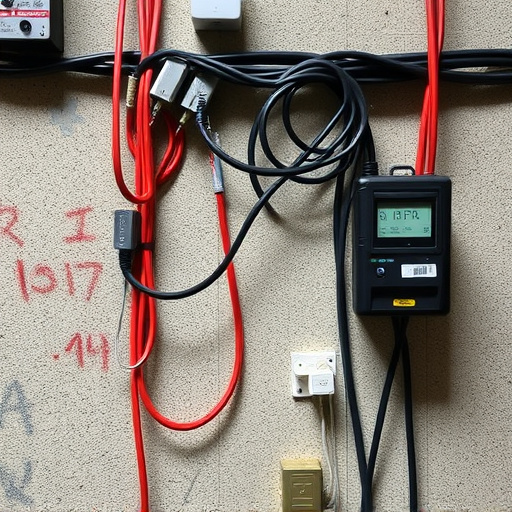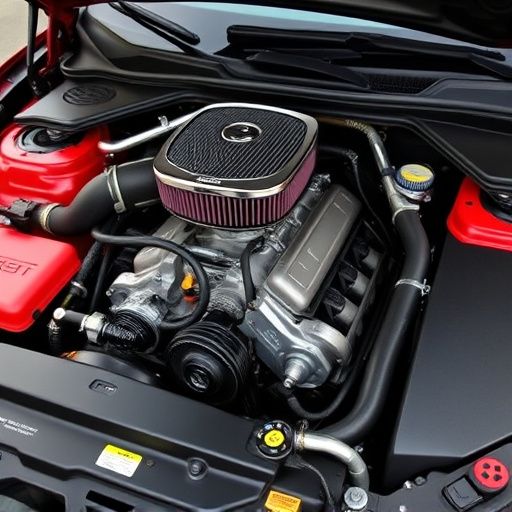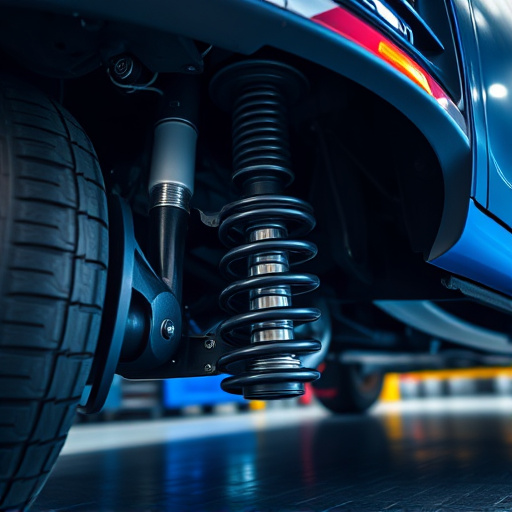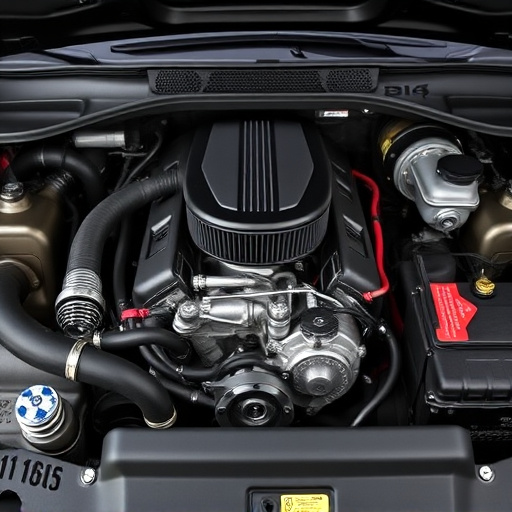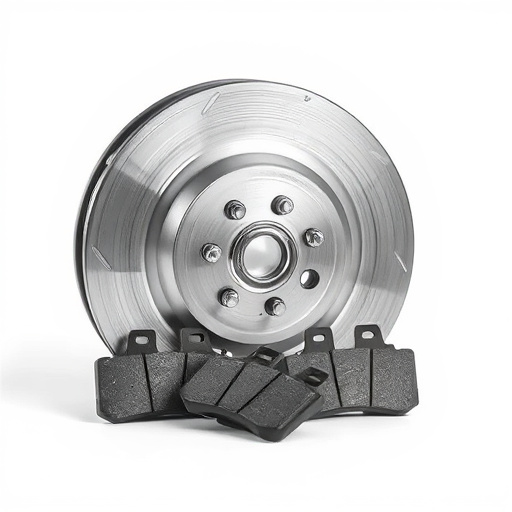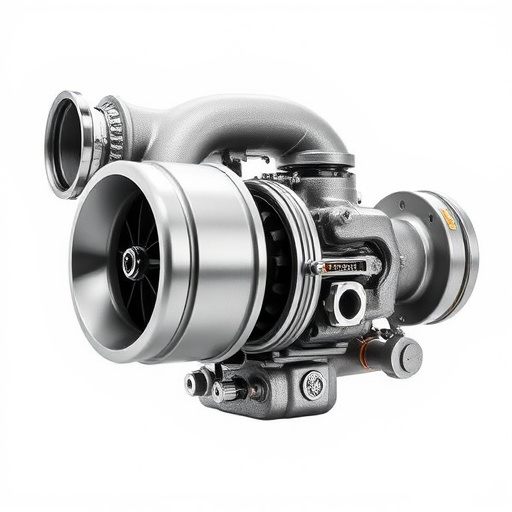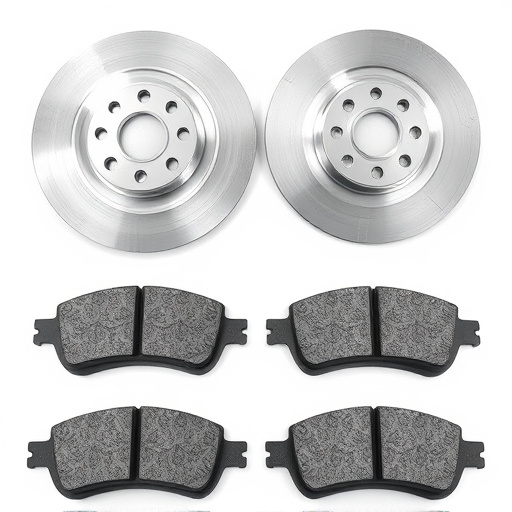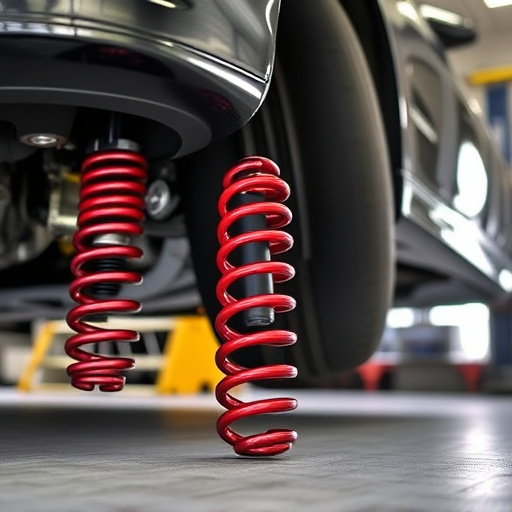A resonator delete upgrade involves removing or modifying a vehicle's exhaust resonator, amplifying engine noise and potentially improving performance by enhancing airflow in turbocharged or supercharged engines. This modification is popular among car enthusiasts for models like Ford Mustang, Chevrolet Camaro, and Dodge Challenger, offering a deeper exhaust note and, when combined with air filter and exhaust muffler upgrades, possible horsepower and torque increases. Off-roaders also favor it for vehicles like Jeep Wranglers and Toyota Land Cruisers, optimizing air and fuel delivery for better suspension performance and acceleration.
Considering a resonator delete upgrade for your vehicle? This comprehensive guide delves into the pros and cons of this popular modification. From enhancing engine performance and exhaust note to potential issues with backpressure and warranty validity, we explore everything you need to know. Understanding what a resonator delete is, common applications, and how it impacts your vehicle’s mechanics is crucial before making this upgrade.
- Understanding Resonator Delete Upgrade
- – What is a resonator delete?
- – Common vehicles where this upgrade is popular
Understanding Resonator Delete Upgrade
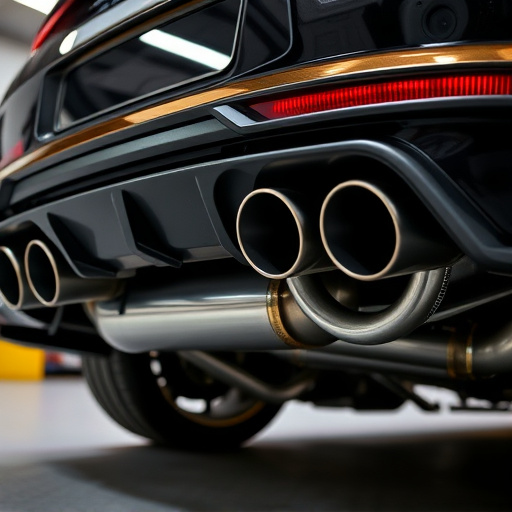
A resonator delete upgrade is a modification that involves removing or altering the vehicle’s exhaust resonator. This component is designed to reduce harmful noise produced by the engine, but its removal can lead to several changes in vehicle performance and sound. By eliminating the resonator, drivers often experience an increase in engine sound, which can be appealing to enthusiasts seeking a more immersive driving experience.
This upgrade primarily affects the exhaust system, impacting both the overall sound and performance of the vehicle. With the resonator removed, intake components may become more prominent, resulting in a deeper and more aggressive tone. Additionally, some drivers report improved vehicle performance, especially when paired with high-flow air filters, as it allows for smoother airflow and potentially increases horsepower and torque.
– What is a resonator delete?
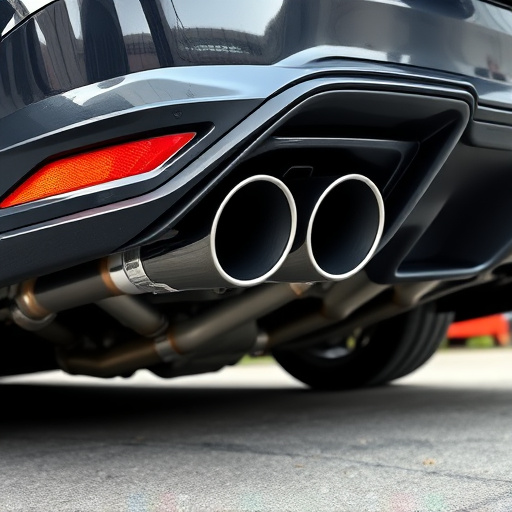
A resonator delete is a modification performed on vehicles, typically those with turbocharged or supercharged engines, to enhance their performance and sound. This process involves removing or altering the resonator, a component in the exhaust system that reduces noise vibrations. By eliminating this restriction, the upgrade allows for freer flow of exhaust gases, which can result in increased horsepower and torque.
This modification is often sought after by car enthusiasts who desire a more aggressive and sportier driving experience. It’s important to note that while a resonator delete can significantly boost performance, it may also lead to louder engine noise and potential issues with exhaust gas flow if not properly tuned. Additionally, removing certain brake components, replacing standard performance air filters, and installing high-flow exhaust mufflers are common steps in achieving this upgrade for optimal results.
– Common vehicles where this upgrade is popular
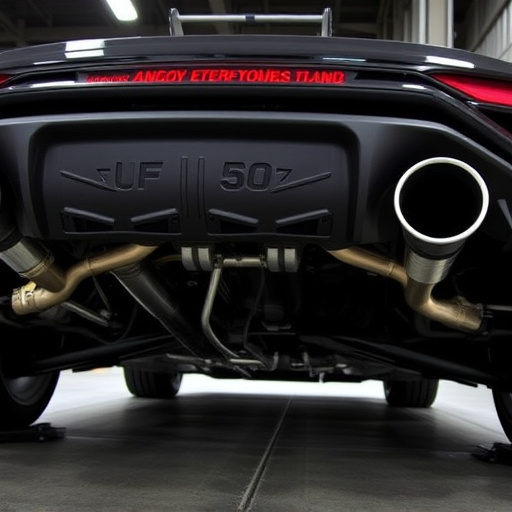
The resonator delete upgrade has gained popularity among car enthusiasts for its potential to enhance performance and create a more aggressive sound. This modification is particularly common in high-performance vehicles known for their robust engines, such as those from the Ford Mustang, Chevrolet Camaro, and Dodge Challenger lines. These cars are often equipped with powerful V8 engines that benefit from a resonator delete due to its ability to reduce backpressure and improve airflow.
Additionally, off-road enthusiasts frequently opt for this upgrade in their vehicles, including popular models like Jeep Wranglers and Toyota Land Cruisers. The resonator delete, combined with high-flow air intake systems and coilover kits, allows for better suspension component performance by ensuring optimal air and fuel delivery to the engine. This modification can significantly enhance the driving experience, offering improved acceleration, a deeper exhaust note, and a more responsive vehicle overall.
A resonator delete upgrade offers enthusiasts both benefits and drawbacks. By removing the exhaust resonator, drivers can expect a deeper, more aggressive exhaust note and potential power gains. However, this modification may also result in increased noise levels and potentially diminished fuel efficiency. Before making the decision, weigh these pros and cons to determine if a resonator delete is the right choice for your vehicle.

